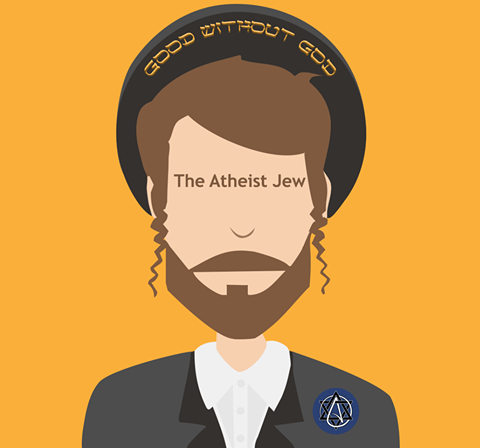Global Atheist News: Recent Developments and Trends
The global atheist community has experienced significant developments in recent months, marked by a surge in activism and a growing public discourse surrounding secularism. One of the most noteworthy trends has been the increased visibility of atheism and secular organizations in various regions. For instance, countries that previously imposed strict religious laws are beginning to see movements advocating for religious freedom, allowing atheists and secularists to express their viewpoints openly without fear of persecution.
Recent legislative changes in several countries have also reflected this shift towards secularism. In nations like Turkey and Egypt, legal reforms are enabling a more secular dialogue within public spheres, despite encountering resistance from conservative factions. These changes have allowed secular organizations to flourish, providing support for those who identify as atheists and offering resources that promote secular ethics and values. Such developments not only empower individuals but also lend credibility to the growing narrative that atheism can coexist peacefully within diverse societies.
Additionally, the rise of social media has played a crucial role in uniting the global atheist community. Platforms have become vital for sharing information regarding religious freedom issues, connecting individuals facing discrimination, and sharing success stories of secular activists. Notable figures within the atheist movement have utilized these channels to rally support, increasing awareness surrounding social challenges that atheists face. Similarly, campaigns emphasizing tolerance and understanding have gained traction, promoting a narrative that respects diverse beliefs while advocating for freedom from religious imposition.
Societal attitudes toward atheism are evolving, with increasing recognition and acceptance in various parts of the world. Public opinion surveys indicate a gradual decline in stigma associated with atheism, reflecting broader cultural shifts towards individual autonomy in matters of belief. This change fosters a more inclusive environment, paving the way for further dialogue about secularism and the rights of those who identify as non-believers.
Atheism in Culture: Artistic and Intellectual Contributions
Atheism has significantly influenced various aspects of culture, leaving an indelible mark on literature, art, science, and philosophy. Prominent figures such as Virginia Woolf, George Orwell, and Albert Einstein have made substantial contributions while articulating their secular viewpoints. Woolf’s literature, characterized by its deep introspection and emphasis on individuality, reflects an existential exploration that resonates with many contemporary atheist themes. Orwell’s critiques of totalitarianism and his advocacy for rational thought showcase a commitment to ethical considerations that align with secular humanism.
In the realm of science, figures like Richard Dawkins and Carl Sagan have not only advanced their respective fields but have also engaged in public discourse to advocate for critical thinking and skepticism. Dawkins, particularly known for his book “The God Delusion,” has been influential in promoting a rational understanding of the universe devoid of supernatural explanations. Likewise, Sagan’s ability to merge scientific inquiry with poetic expression continues to inspire a generation of thinkers to embrace a secular perspective on existence.
Moreover, the contributions of atheists extend into the visual arts. Renowned artists such as Pablo Picasso and Mark Rothko challenged traditional religious iconography, often utilizing their work as a medium to examine existential themes. Their artistic expressions invite viewers to engage with questions about the human condition without reliance on dogmatic interpretations.
Contemporary atheist thinkers and creators further exemplify the ongoing dialogue surrounding secularism in creative fields. Interviews with individuals like Penn Jillette and Neil deGrasse Tyson reveal their approaches to navigating life and creativity within a predominantly religious society. Through these discussions, the role of atheism emerges as a powerful catalyst for promoting critical thinking, ethics, and humanism, enriching cultural discourse. Ultimately, examining these intersections allows for a greater appreciation of the diverse contributions that atheism offers to human civilization.

